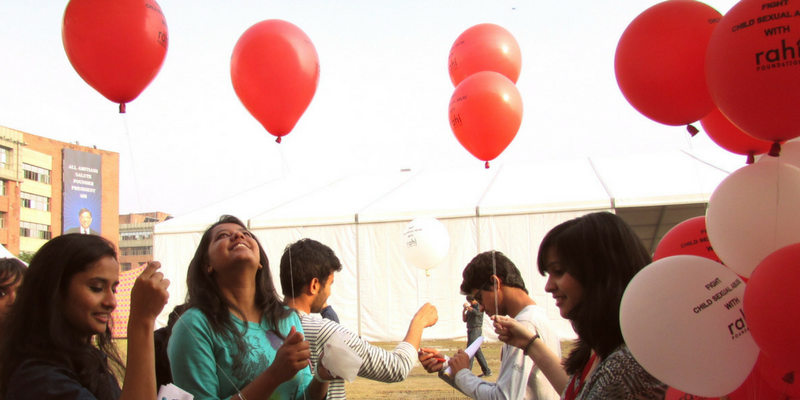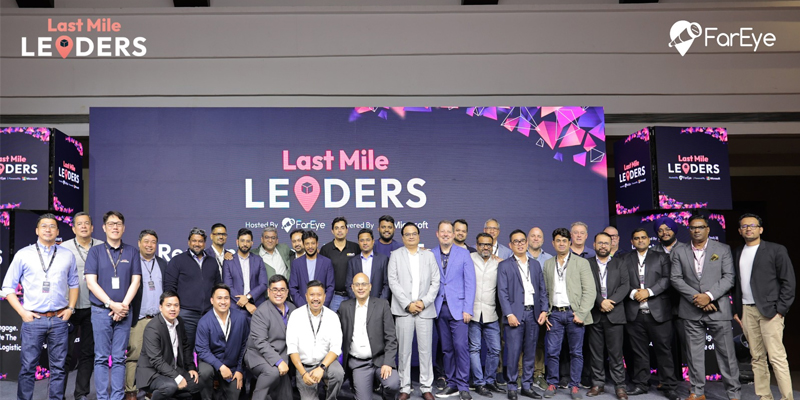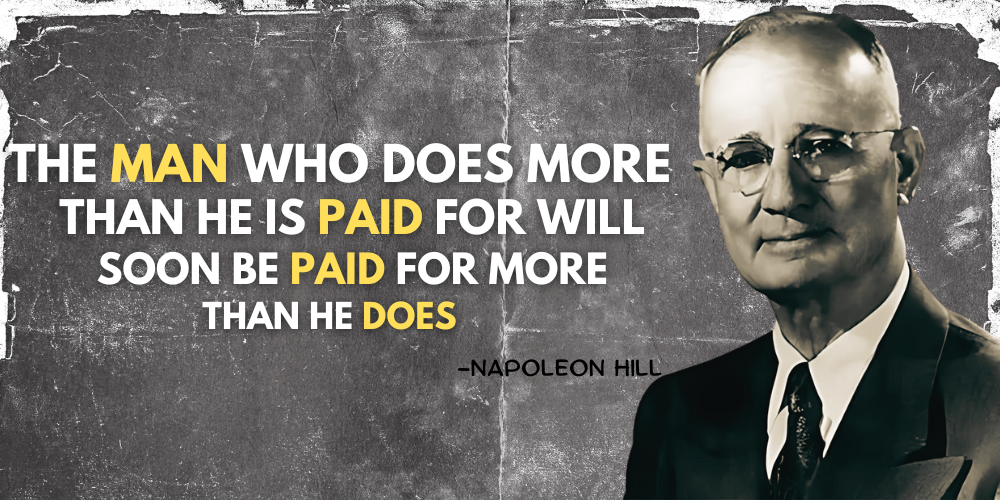RAHI: A support group for survivors of sexual abuse and incest
RAHI (Recovery and Healing from Incest) in New Delhi has been providing counselling and support to women survivors of sexual abuse since 1996.
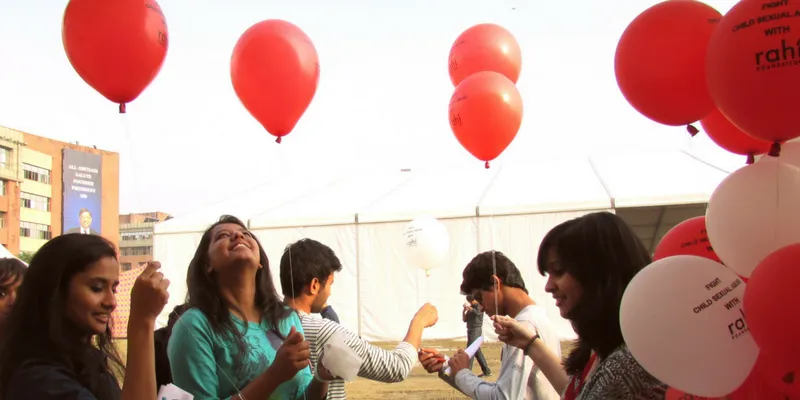
Incest is defined as sexual contact between two family members who are considered too closely tied by blood for marriage. Sexual abuse, which is unwanted sexual contact directed from a perpetrator towards a victim, within families amounts to incest. According to the National Centre for Biotechnology Information (NCBI), a UNICEF survey revealed that, in 2005 to 2013, 10 percent of Indian girls might have fallen prey to sexual violence between the age of 10 and 14 years, and 30 percent between 15 and 19 years. Almost 42 percent of Indian girls have suffered from sexual violence before their teenage years.
In a chat over the phone, Anuja Gupta, founder of RAHI and an abuse survivor herself, unabashedly states that her own experiences led her to found this organisation. One admires her courage and grit in starting something so unique in the Indian social fabric and speaking about it regardless of possible taboo.
Let me warn you, when you are speaking to the founder, you have to listen to a 22-year-old history, she laughs.
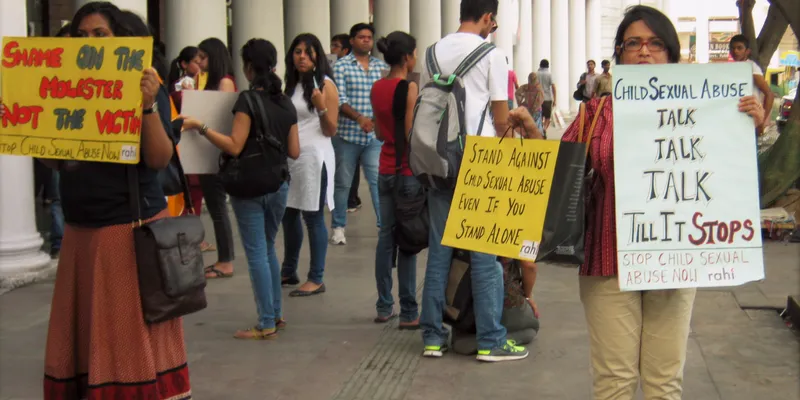
Fighting a brave battle
In 1990, when Anuja was 37 years old, counsellor Ashwini Ailawadi of a group counselling session, and Anuja’s brother encouraged her to launch RAHI. Since then, the organisation has been showing light at the end of the tunnel to many survivors of abuse.
For Anuja, it has been a tremendously exciting journey and has demanded all her courage and conviction to create as well as sustain a movement so ahead of her own times. “The impact is long-term,” she says. She is an expert trainer, therapist and educator in the field of child sexual abuse and incest, and she took up these roles when doing so was a taboo in our society.
Anuja conducts training with mental health professionals, students, parents, teachers, counsellors, and social workers. She lectures and presents extensively on the subject at universities, schools, conferences, NGOs and other forums in the country and abroad. She also conducts individual and group therapy with adult survivors and their families. She was part of the national core team that has drafted The Protection of Children against Sexual Offences Bill, 2011.

As RAHI’s Programme Consultant and Communications Manager, Ashwini, conceptualises RAHI’S programmes and oversees their functioning. He first started working against child abuse in the nineties, and he has been instrumental in the founding of RAHI.
Wings of fire
Established in 1996, RAHI provides education and awareness about child sexual abuse and incest, along with training, capacity building and skill development to victims. They call it the RAHI model of healing. The organisation believes that it is the survivors who can upturn the system with understanding and effort. Based in New Delhi and working across the country, RAHI offers counselling services and does research on sexual abuse and gender violence. It has published literature on survivor’s tales, and did the research for 30 Days of September, written by Mahesh Dattani, which is India’s first play on incest. The play was based on the stories that survivors shared with the playwright.
The HumRAHI programme ties the prevention of child marriage to prevention of sexual abuse in homes that young girls live in till they are of age. It trains grassroots workers to prevent and preempt child sexual abuse. Adolescents for Sexual Abuse Prevention (ASAP) is a programme offered to schools to involve both students and teachers in awareness and skill training against sexual abuse. Here, RAHI offers sessions with teachers, counsellors, parents, as well as with teens.

The Peer Education Programme (PEP) in colleges trains college girls to be listeners, and effectors of social change. The programme is aimed to modify attitudes towards sexual abuse and to create resources of healing within the peer group. Launched in 2004, there have been 84 Peer Educators (PEs) so far. Once trained, they conduct educational and cultural events for girls and boys of their peer group. Those who do not have time to be a PE, have the opportunity to attend the one-day How to Help a Friend Workshops on handling disclosure of child sexual abuse.
In the nature of the phoenix that is reborn after being burnt to ashes, RAHI selects and trains women survivors of sexual abuse over the age of 21 to be Firebirds.
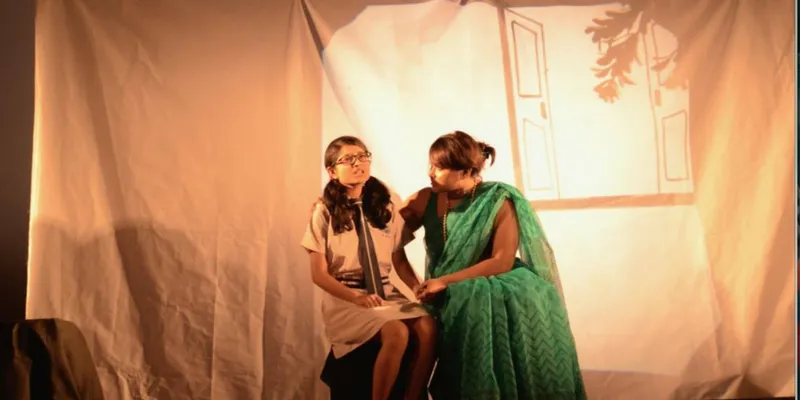
After being shortlisted through an application form and an interview, the women attend a two-day workshop “combining group work and theoretical information that allows survivors to meet other survivors, share and learn with each other, make meaning of their abuse and gain knowledge on the subject that will help them become advocates. During the workshop, participants draw out a plan of social action according to their interests and skills. The workshop is followed by ‘Firebirds’ conducting these activities in their communities. The process continues to be therapeutic and a mentoring support for them,” reports the RAHI website.
RAHI’s methods are those of a rooted change — they question, explore and heal the very depths of social wounds.
Enter the SocialStory Photography contest and show us how people are changing the world! Win prize money worth Rs 1 lakh and more. Click here for details!






